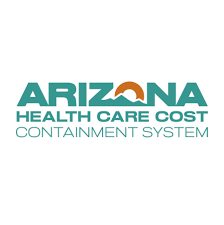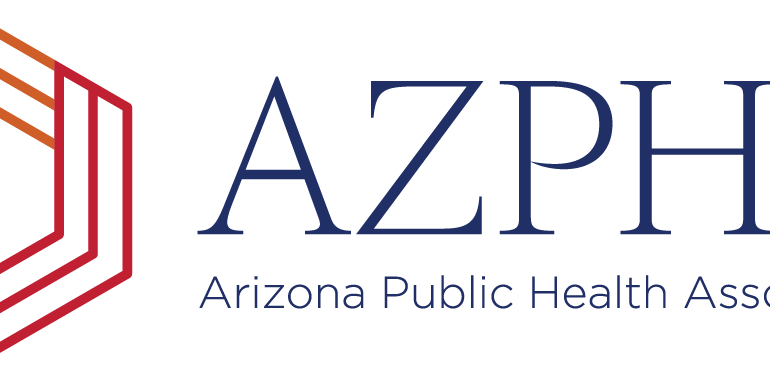AHCCCS just turned in their waiver request to the CMS asking permission to implement work reporting requirements and establish a five-year lifetime limit on Medicaid benefits for certain adults.
The proposal aligns with Senate Bill 1092 (enacted in 2015) which requires AHCCCS to annually ask CMS permission to implement a work requirement & 5-year lifetime benefit cap for able bodied adults.
See the Final Submitted Waiver Request
As you might expect – the real key in the waiver is the definition of who is ‘able bodied.’
AHCCCS’ proposal has a long list of categories of adults that are exempted because they’re not considered ‘able bodied.’ More on that in a bit.
Once approved by CMS (which will happen unless they think AHCCCS was too generous with excluding populations), “able-bodied adults” aged 19 to 55 would need to engage in at least 20 hours per week of qualifying activities like a job, school attendance or participation in “Employment Support and Development” programs in order to keep their Medicaid coverage.
There will also be a 5-year lifetime limit for Medicaid enrollment in AZ for “able-bodied adults”.
Exempt Populations:
- People who are at least 56 years old;
- Those who qualify for services through the Indian Health Service or Tribally-Operated Health Facilities;
- Native Americans;
- Women up to the end of the 12-month postpartum;
- Former Arizona foster youth up to age 26;
- People determined to have a serious mental illness or who have have a qualifying SMI diagnosis;
- Those in active treatment with respect to a substance use disorder;
- People receiving temporary or permanent long-term disability benefits from a private insurer or the government;
- Individuals who are receiving Supplemental Nutrition Assistance Program, Cash Assistance, or Unemployment Insurance income benefits;
- People who are exempt from ADES’ SNAP Work Requirement programs;
- Individuals who are determined to be medically frail;
- Individuals who have an acute medical condition (physical and/or behavioral) that would prevent them from following the requirements;
- Full-time high school students who are older than 18 years old;
- Full-time trade school, college, or graduate students;
- Victims of domestic violence;
- People taking part in AHCCCS Works;
- Individuals who are homeless or who were recently homeless for up to six months post-housing;
- Individuals who have recently been directly affected by a catastrophic event such as a natural disaster;
- Parents, caretaker relatives, foster parents, and legal guardians, and caregivers of individuals diagnosed with SMI;
- Caregivers of a family member who is enrolled in the Arizona Long-Term Care System (ALTCS);
- Individuals who were incarcerated within the last six months; or
- Veterans regardless of the discharge status.
Effective implementation will depend on AHCCCS’s ability to cross-reference databases to find exempt individuals, collaborating with agencies like ADES, Social Security etc. for data sharing.
Additionally, it’ll be super important to set up user-friendly systems for “able-bodied” members to report their work, school attendance, or ESD program participation is crucial to prevent unnecessary loss of coverage due to documentation challenges.
I expect the work program and the 5-year benefit limit for able bodied adults to begin October 1, 2025.

